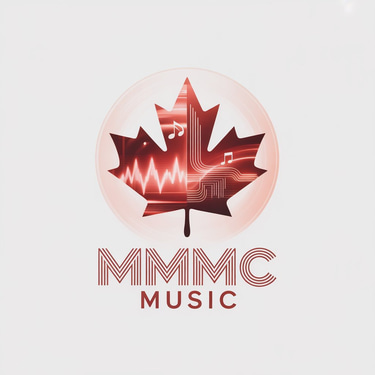The AI Music Revolution: Creativity, Chaos, and Copyright
The Robots are in the Studio—And They're Surprisingly Talented
12/27/20242 min read


Artificial Intelligence has officially entered the music industry, and it’s not just playing backup—it’s headlining. From AI-generated remixes that reimagine classic hits to eerily precise artist impersonations, the digital soundscape is buzzing with possibility and controversy. But is AI here to amplify human creativity, or are we entering a cultural uncanny valley of soulless tunes and copyright chaos? Let’s break down how AI is remixing the music world—note by note.
1. From Beatles Remixes to Digital Chaos
AI tools like OpenAI’s Jukebox have shown an uncanny ability to mimic beloved artists. Remember the AI-powered Rubber Soul remix in Motown style that went viral? Fans described it as both mesmerizing and slightly creepy. But AI’s creativity isn’t always pitch-perfect—YouTube playlists filled with AI-generated Christmas carols hilariously mismatched melodies and lyrics, giving us unintended comedy gold. Key Takeaway: AI is a powerful creative tool, but the results range from mind-blowingly brilliant to eyebrow-raisingly odd.
2. The Listener Experience: Playlists that Read Your Mind
AI isn’t just making music—it’s curating it. Platforms like Spotify and YouTube are using AI to personalize user experiences, creating playlists that adapt to your mood, running speed, or even the weather. In 2024, Spotify Wrapped took things up a notch with AI-generated podcasts narrating users' music habits. Key Takeaway: AI is redefining music consumption, making every playlist feel handpicked… by a very smart robot.
3. Copyright Chaos: Who Owns an AI Hit?
The legal side of AI music is… messy. Who owns an AI-generated track—the programmer, the person who typed in the prompt, or the artists whose music trained the AI? Courts are still untangling this legal web, and lawsuits against AI startups are piling up. Key Takeaway: Copyright laws need a serious remix to keep up with AI’s creative output.
Conclusion: Collaboration, Not Replacement
The future of music isn’t about AI replacing human creativity but enhancing it. Clear legal frameworks, ethical AI practices, and artistic collaboration are the keys to harmonizing human talent and machine precision. One thing’s for sure—the encore of the AI music revolution is just beginning.
